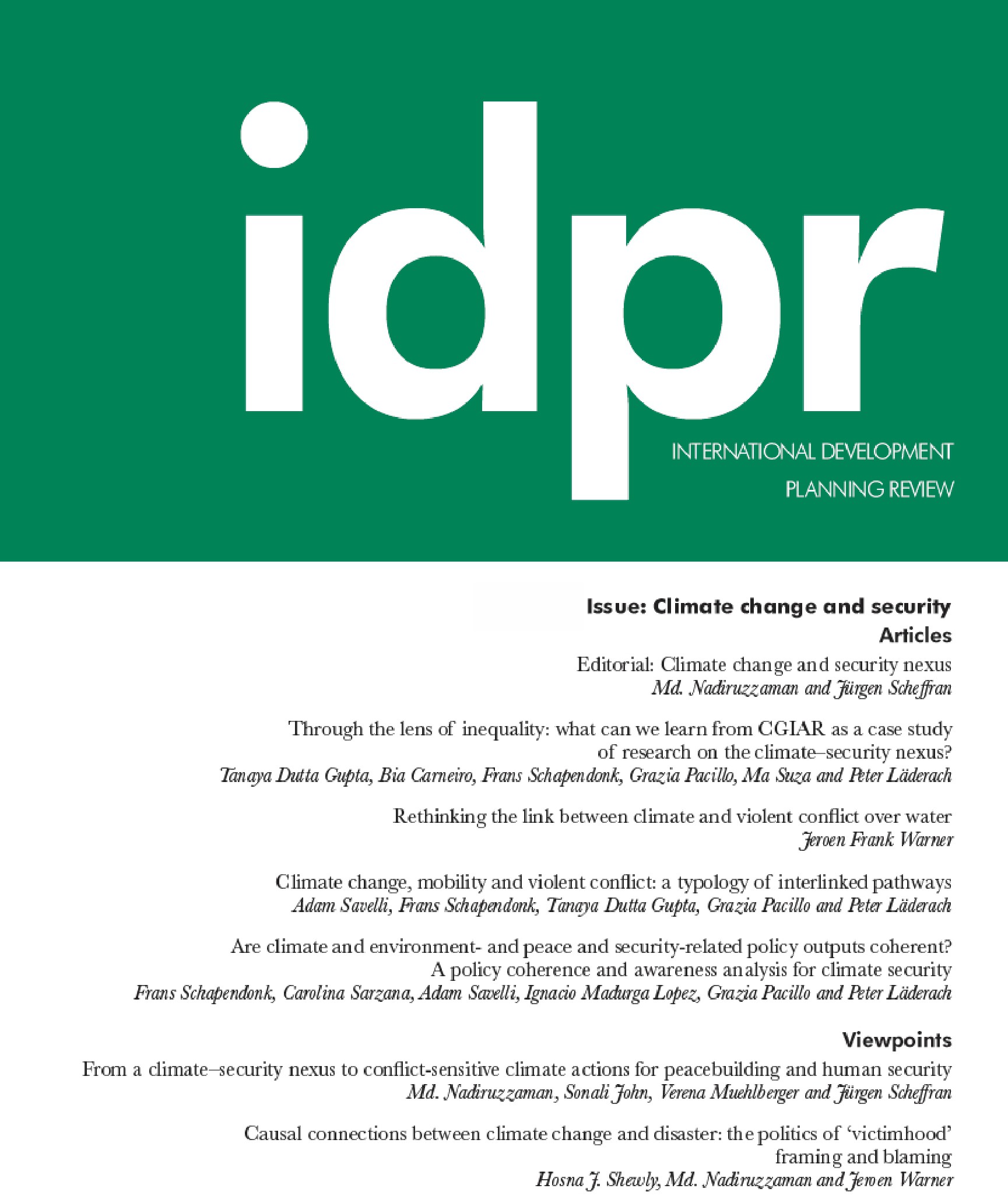ENHANCING HEART DISEASE PREDICTION THROUGH ADVANCED MACHINE LEARNING MODELS: A COMPREHENSIVE ANALYSIS AND COMPARISON OF DIAGNOSTIC ACCURACY AND PERFORMANCE METRICS
Abstract
The 21st century has seen a rise in life expectancy but also a significant surge in cardiac diseases, constituting 31% of global fatalities annually. Despite advanced medical tools, effective early detection models for these life-threatening conditions are lacking. Machine learning, particularly neural networks, has become crucial in healthcare, analyzing diverse patient data for accurate diagnosis, treatment recommendations, and decision support. However, precise classification of health data, especially for early-stage heart disease prediction, remains a challenge. Addressing this gap, the research introduces an innovative heart disease prediction model focusing on bodily signs. Numerous machine learning algorithms, including SVM, Random Forest, KNN, and XGBoost, analyse heart disease data, achieving remarkable metrics such as 100% F1-score, accuracy, precision, recall, and ROC-AUC, notably with Random Forest Classifiers on combined datasets. To enhance adaptability, an alternative approach integrates Gradient Boosting Classifiers, showing comparable performance improvements. Cumulatively, the research significantly contributes to advancing early heart disease prediction, promising improved patient outcomes. The exploration of alternative classifiers underscores the model's versatility in healthcare innovation.
Keywords: Early Heart Disease Prediction, Machine Learning Algorithms, Neural Networks, Predictive Model, Healthcare Innovation






